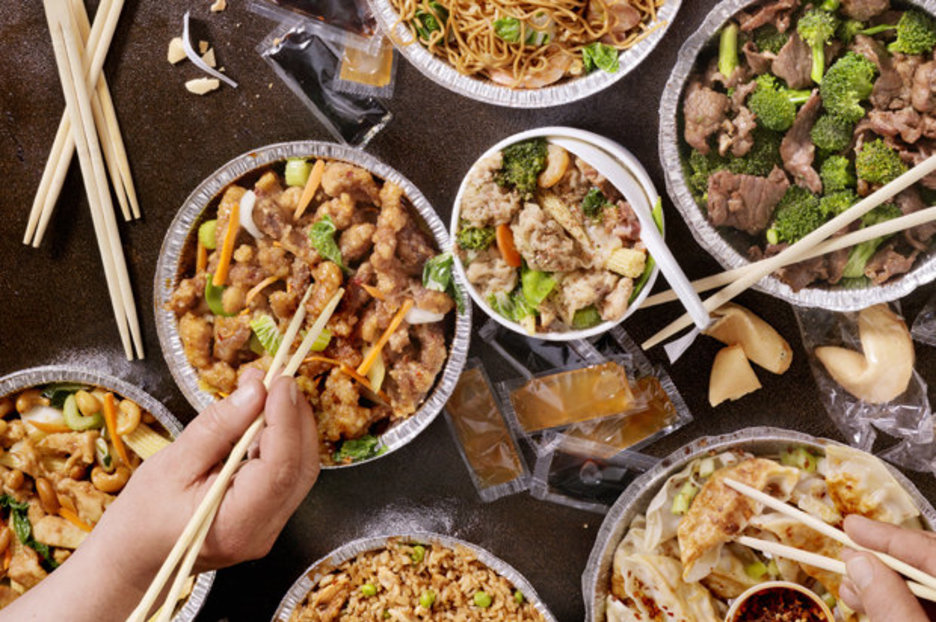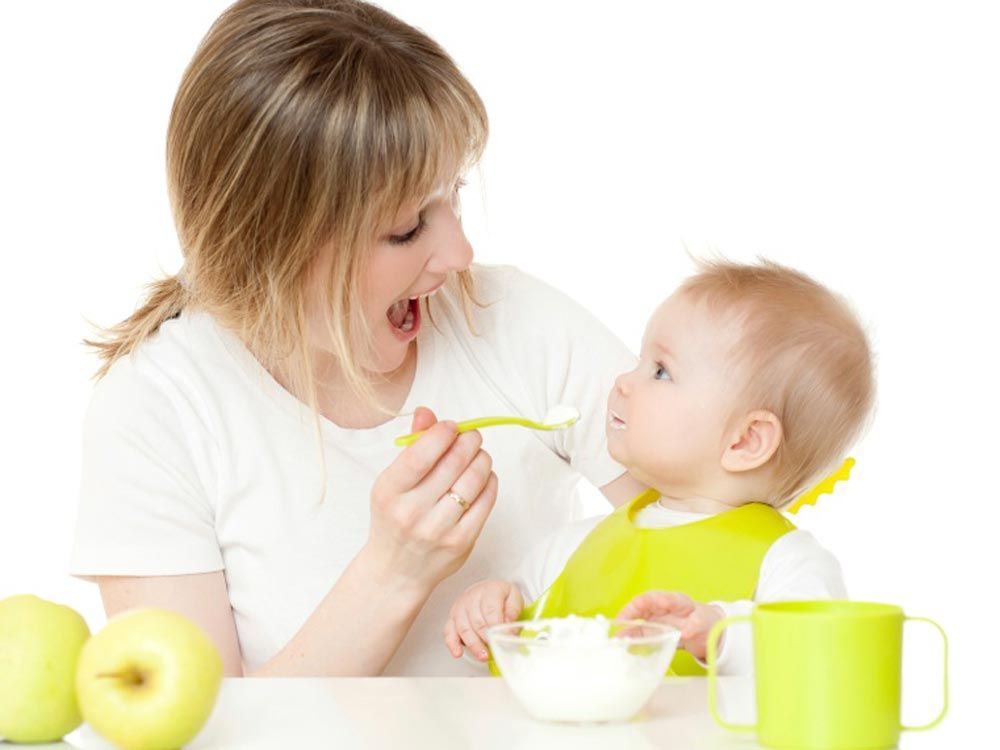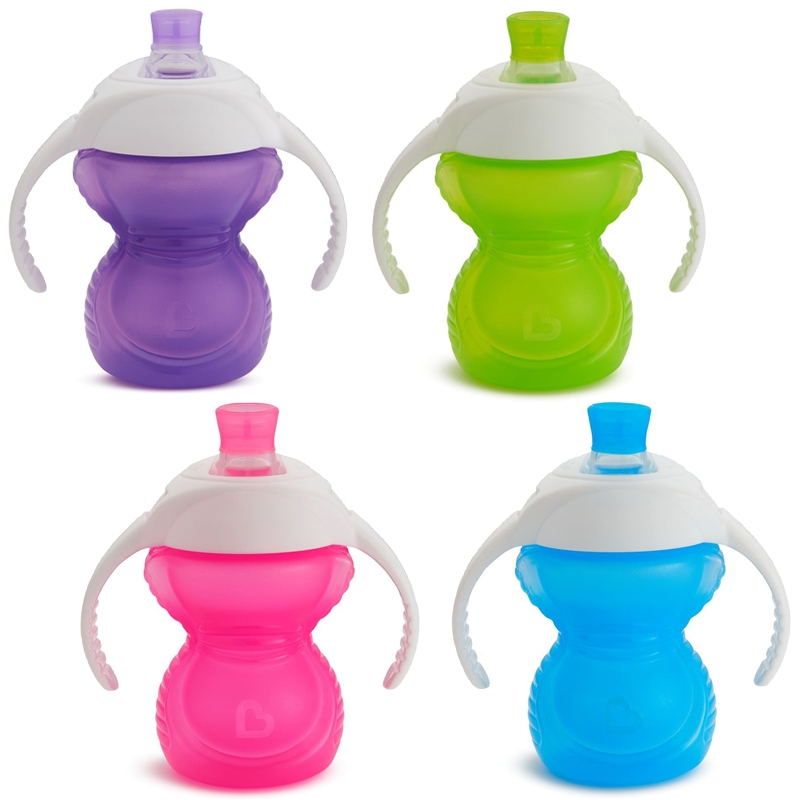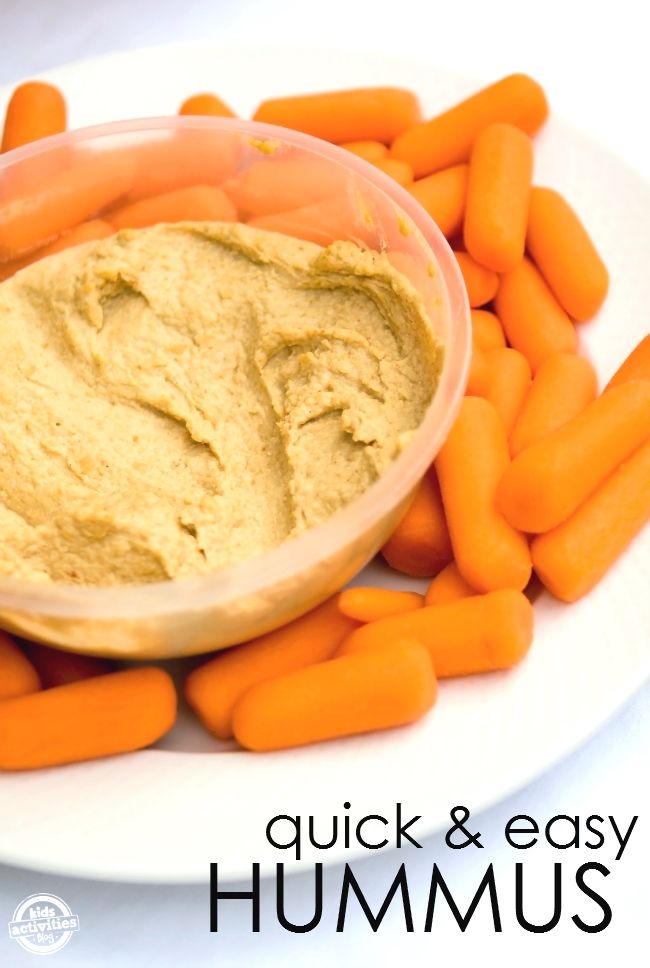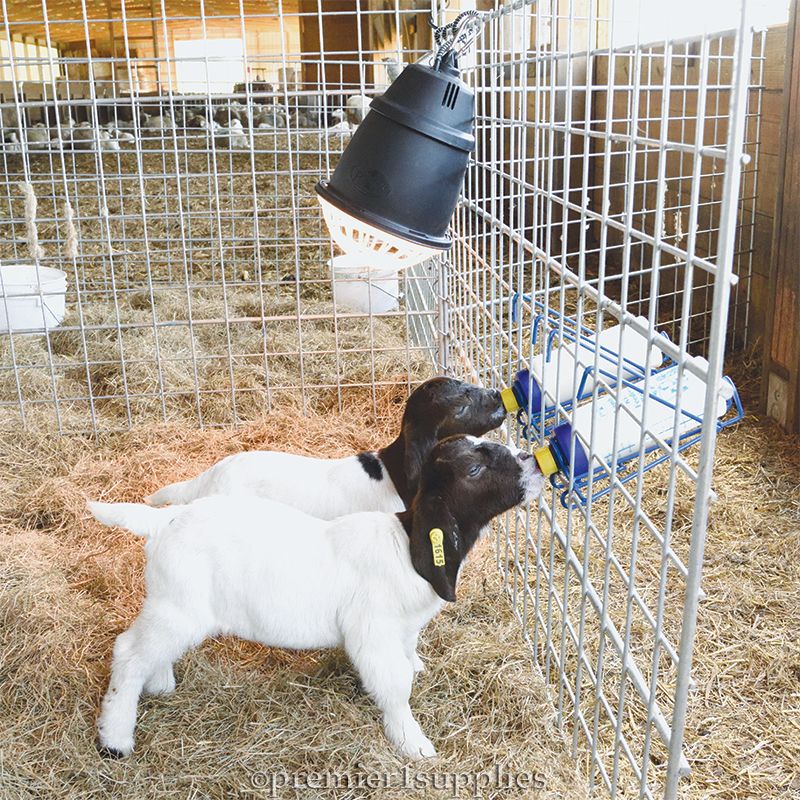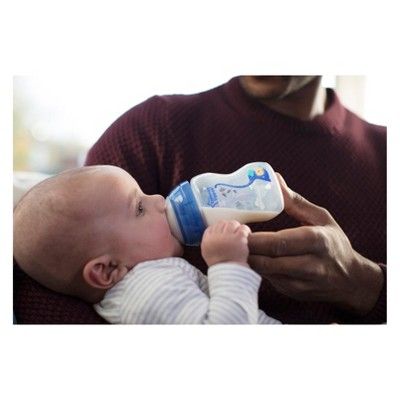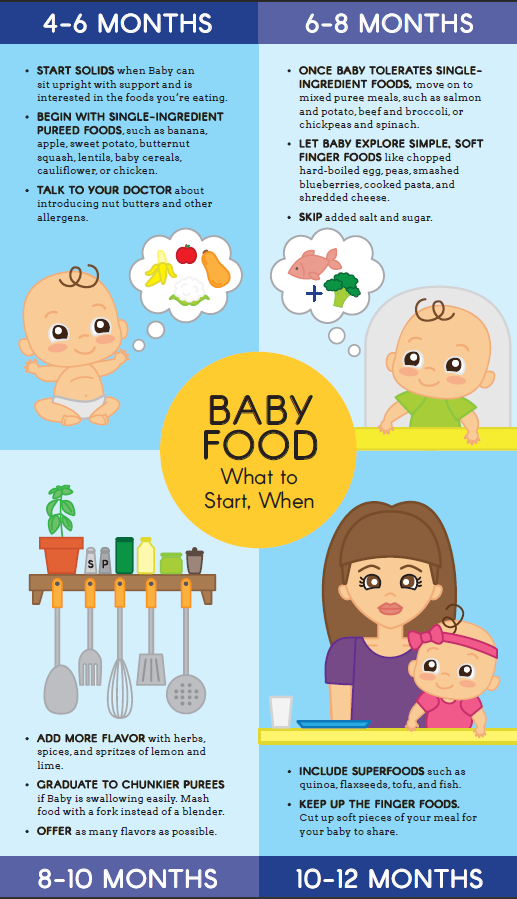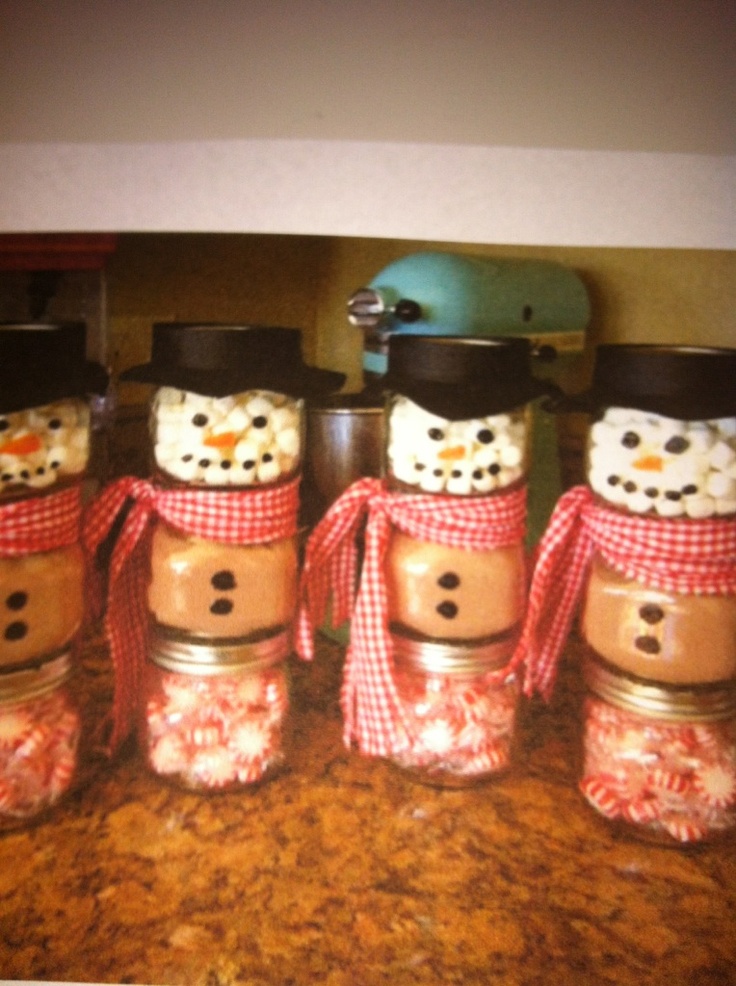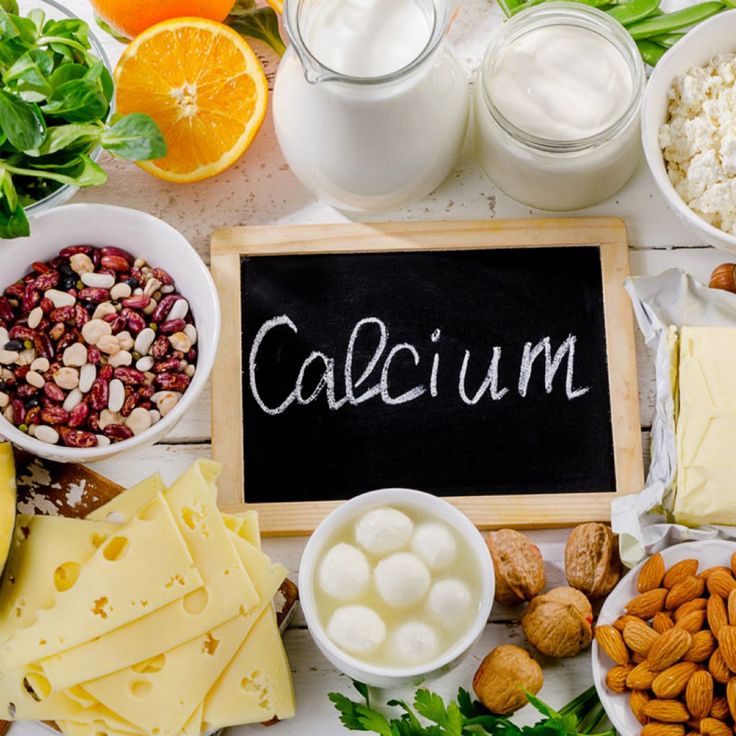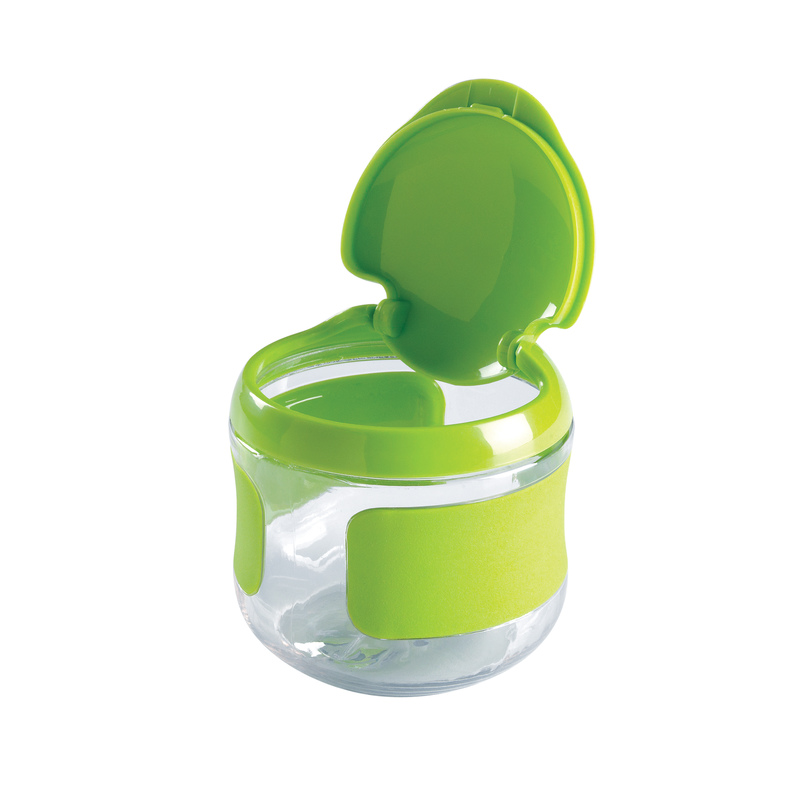Chinese food after delivery baby
New Mom Turns to Ancient Chinese Recipes for Postpartum Recovery
First came the liver, then the kidneys, then pigs feet -- lots and lots of pigs feet.
In the early weeks after my daughter was born, each morning I would nurse her while my husband, the “seagan” (vegan, eats seafood), went outside and gathered dozens of containers filled with food from our doorstep.
“Ooh!” I would squeal. “What’d I get today?”
“Looks like guts again.”
“You mean organ meat. Good. I love organ meat.”
For a meat-loving foodie like me, all this stuff was like manna from heaven: ginger braised liver, kidney congee, pigs feet in black vinegar, chicken stew, papaya spare-rib soup and more.
I washed it down with pungent herbal teas that smelled like warm primordial forests.
My daily dose of animal parts was a gift from my mother to us -- to me -- for birthing her first grandchild. For the price of $1,800, some may have opted for baby bling from Tiffany’s, but my mother wanted this for me and so did I: a month of food delivery service -- dishes prepared according to ancient Chinese recipes designed for postpartum recovery.
“I want you to have the best,” my mother said during my last trimester, calling me from my childhood home in New Jersey. “I can’t be there to cook for you. Besides I don’t know how to make the right dishes.”
The “right dishes” are the teas, stews, and other food that make up the culinary portion of zuo yuezi (坐月子) or “sitting the month.” Also called “confinement,” zuo yuezi is a set of traditional customs dictating what a woman should and should not do the first month after she has a baby. Dating back at least 2,600 years, today zuo yuezi is practiced by women across China, Taiwan, and Vietnam, and their diaspora.
Among its top purported benefits: helping the mother heal and recover, and setting a lifelong foundation for health and beauty.
I broke most of the zuo yuezi rules: I went out. Took showers. Washed my hair. Drank ice water. Looked at screens. Luckily, my mother didn’t care. We both agreed: it was all about the food.
“I didn’t get to do it,” my mother said when I first balked at the price. “We were new to this country. We didn’t have money and no one could cook the dishes. Maybe if I had done it my health would be better today.”
“We were new to this country. We didn’t have money and no one could cook the dishes. Maybe if I had done it my health would be better today.”
What made me want to try it: A) I mostly believed in the recipes’ healing powers, B) I wanted to use it as a chance to deepen my connection with my mother and heritage, and C) Hell, I wouldn’t have to cook for a whole month.
Most of all, it was the food itself. These were some of my favorite dishes, serious comfort food. So much of it, especially the organs and pigs feet, reminded me of meals my parents cooked while I was growing up. When it came to meat, we pretty much ate every part of the animal. Why waste anything when even the bowels and butt can be made into tasty morsels? Confinement food also reminded me of dishes I’d only had in Taiwan and China in my relatives’ homes and made me feel closer to my extended family overseas.
Plus, I just love the satisfying chewiness of organ meat, the slight gaminess and how its textures range from silky smooth (hearts) to rough (tripe).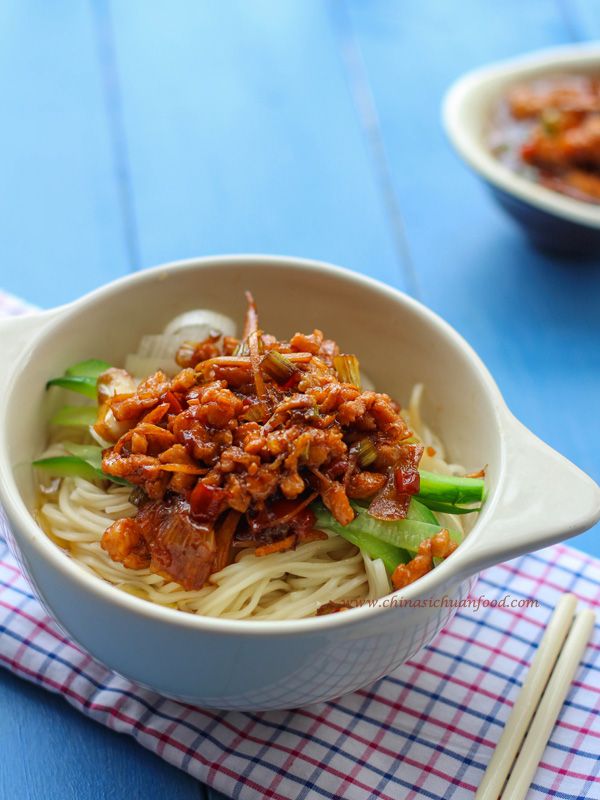 Sinking my teeth into large wads of liver and kidney fulfills some sort of primal foodie desire in me, something that, as someone who’s been a partner to (and cook for) a “seagan” for the past ten years doesn’t get met that often. (Sorry, babe.)
Sinking my teeth into large wads of liver and kidney fulfills some sort of primal foodie desire in me, something that, as someone who’s been a partner to (and cook for) a “seagan” for the past ten years doesn’t get met that often. (Sorry, babe.)
I have fond memories of sitting before a whole cooked chicken with my mother as she poked around with her chopsticks looking for the giblets like a Forty-Niners miner searching for gold. Once she extracted a precious nugget -- a heart, gizzard, or liver -- she’d place it on my plate. I knew how much she loved the innards too, so, recognizing that sacrifice, I’d gobble it up with gratitude.
According to Chinese medicine, confinement foods primarily serve to nourish and replenish the blood and give the body more yang, or warmth, through “warm” foods. Ginger, Chinese angelica root (dang gui), red beans (adzuki), and sesame oil provide warmth. Pigs feet, peanuts, and papaya boost breast milk. Liver replenishes lost blood. Kidney eases pain. Longan promotes sleep. Red dates nourish blood. Goji berries enhance qi and tonify the blood.
Longan promotes sleep. Red dates nourish blood. Goji berries enhance qi and tonify the blood.
The company I hired, Liu Mama in Hayward, is one of many in California that provides zuo yuezi food services. Each delivery included breakfast, lunch and dinner, as well as teas and desserts. It came to about $20 a meal, including tax and delivery.
One of the main reasons I chose Liu Mama was this: On my second day post-birth, a round-faced woman from Liu Mama drove up to Berkeley and showed up at the side of my hospital bed—with samples. We had told her earlier that I’d try their food at home before signing the contract, but she insisted it was crucial to start right away. I will never forget how deeply comforted I felt as I scarfed my way through the samples after having eaten nothing during labor and then only hospital food, sipping the woodsy black fungus soup, followed by moist sticky rice flecked with ham, then wrapping my lips around sticky pigs feet. Suddenly I felt much better about having spent the last day pushing eight pounds of human flesh through my cervix.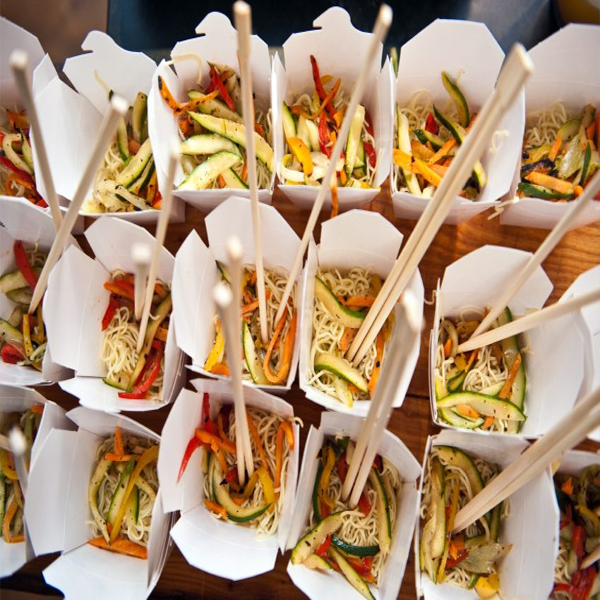 I also felt much closer to my parents who were still back home in Jersey. I signed on the spot.
I also felt much closer to my parents who were still back home in Jersey. I signed on the spot.
That mix of nostalgia, both real and imagined, stayed with me. Every so often, as I inhaled my food post-breastfeeding in my Berkeley home, I imagined the women before me devouring similar textures and tastes during this special time in their lives.
I can’t prove if the food replenished and cured me in all the alleged ways, but I do know that in that first month if I was ever hungry, which was pretty much always, there was a fridge full of some of my favorite food waiting for me.
There is, however, a widely held belief that I feel the need to debunk: that if you eat confinement food you will look better than before you had a baby. I just checked the mirror again. Uhm sorry, but no. (Some may argue that this would have worked if I followed all the “sitting the month” rules, but after a year of sleep deprivation due to newborn, I highly doubt it!)
Now, three and a half years later, I sometimes find myself craving those special dishes.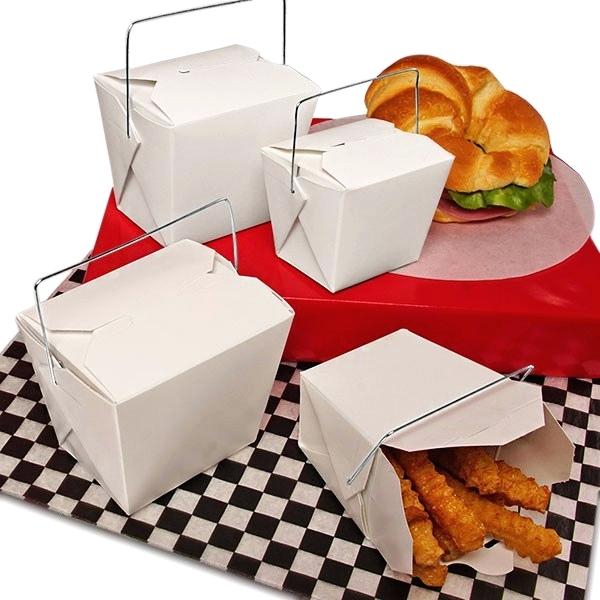 It’s almost enough to make me want to have another baby (but not quite!).
It’s almost enough to make me want to have another baby (but not quite!).
These days I’m the one fishing through whole chickens looking for giblets to give to my daughter. (I swear one of the top benefits for me of having a kid is that finally I have someone to enjoy meat with every day.) I’m usually disappointed, as most chickens today don’t come with giblets. (Where is the gold mine of all the missing giblets?) When I do buy one that comes with the precious gooey, bloody parchment-enclosed package, I boil it up and serve it to my kid. “This is love,” I say, putting it on her plate. “Hai yao xin!” she squeals after downing it all. The heart is her favorite.
If the package happens to come with an extra heart, I give mine up.
“Now that’s sacrifice,” I tell my husband.
“Feeding your kid the guts?’ he’ll say.
I shake my head because there are some things that just can’t be explained.
Sharline Chiang is a writer, editor and book coach based in Berkeley, originally from New Jersey.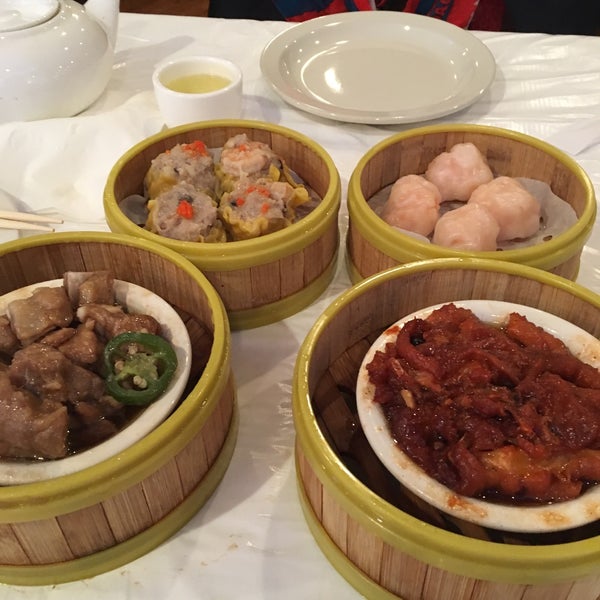 She is a proud, long-time member of VONA, a nationwide community of writers of color. Sharline’s writings can be found in BuzzFeed, Ozy, Hyphen and Mutha. She thanks CAAM for the chance to write a piece that alludes to one of her favorite snacks that can only be found in Taipei street markets -- grilled chicken butt.
She is a proud, long-time member of VONA, a nationwide community of writers of color. Sharline’s writings can be found in BuzzFeed, Ozy, Hyphen and Mutha. She thanks CAAM for the chance to write a piece that alludes to one of her favorite snacks that can only be found in Taipei street markets -- grilled chicken butt.
This story is a part of Off the Menu: Asian America, a multimedia project between the Center for Asian American Media and KQED, featuring a one-hour PBS primetime special by award-winning filmmaker Grace Lee (American Revolutionary: The Evolution of Grace Lee Boggs), original stories and web content.
I Cooked Chinese Postpartum Cuisine to Hide the Fact That I Didn't Want Kids
My mother was the most excited about my yue zi project, and I turned to her expertise as she walked me through obscure herbal Chinese ingredients. My niece would be her first, and perhaps only, grandchild. The baby was a blessing that was long overdue. Most of my younger cousins were having their second kid already.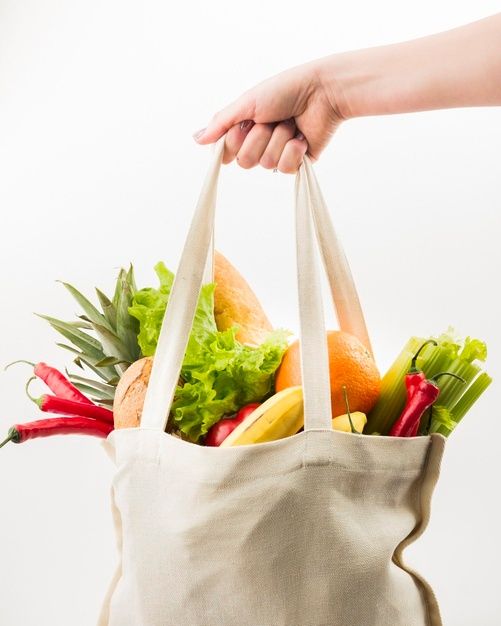 A proper Taiwanese daughter would feel guilty for refusing to fulfill this dream for her.
A proper Taiwanese daughter would feel guilty for refusing to fulfill this dream for her.
I cooked my grandmother’s congee recipe, and her version is packed with extra ginger, considered to be a warming ingredient, ideal for new mothers. Ginger is quite pungent when fresh, but it becomes sweeter when cooked. Similarly, as I nourished my sister-in-law with ancient yue zi recipes and cared for my niece by proxy, my desire to nurture her grew.
Week one of yue zi is focused on detoxification. After birth, the Chinese believe that lochia (postpartum bleeding) and expulsion of toxins must be helped along with ingredients such as liver, wood ear mushrooms, and roasted licorice root.
The very first dish that I made for yue zi was Sheng Hua soup, an herbal concoction consisting of Pao Jiang, Carthamus tinctorius, Chinese angelica, Semen persicae, lovage root, and roasted licorice root. The recipe is simple but requires attention: First, soak the herbs in three cups of water for 30 minutes, then boil until it reduces to one cup of liquid. Repeat the process with a second set of herbs. Finally, mix the two cups of liquid together to serve.
Repeat the process with a second set of herbs. Finally, mix the two cups of liquid together to serve.
The strong herbal flavor is also strangely sweet while bitter at the same time. My sister-in-law dutifully choked it down each morning. We bonded while enveloped in a cloud of warm peppery-spiced fumes in the morning. Ginger’s sharp scent inspires focus, and it made me aware of my subconscious feelings of insecurity about my place in the family, emotions that I didn’t even know that I had.
Silkie chicken, which is used in black chicken herbal soup
My stance toward pregnancy is unequivocal: I’m horrified by the idea of breastfeeding, stretch marks, the idea of having your legs up in stirrups as a team of doctors and nurses stare intensely at your nether regions. And having a baby is not like in the movies. When my niece was born, my sister-in-law wasn’t handed a freshly washed, cherubic baby wrapped up nicely in a blanket. Instead, shortly after exiting her womb, my niece was unceremoniously plopped on her chest, bloodied and dripping with slime, sans blanket.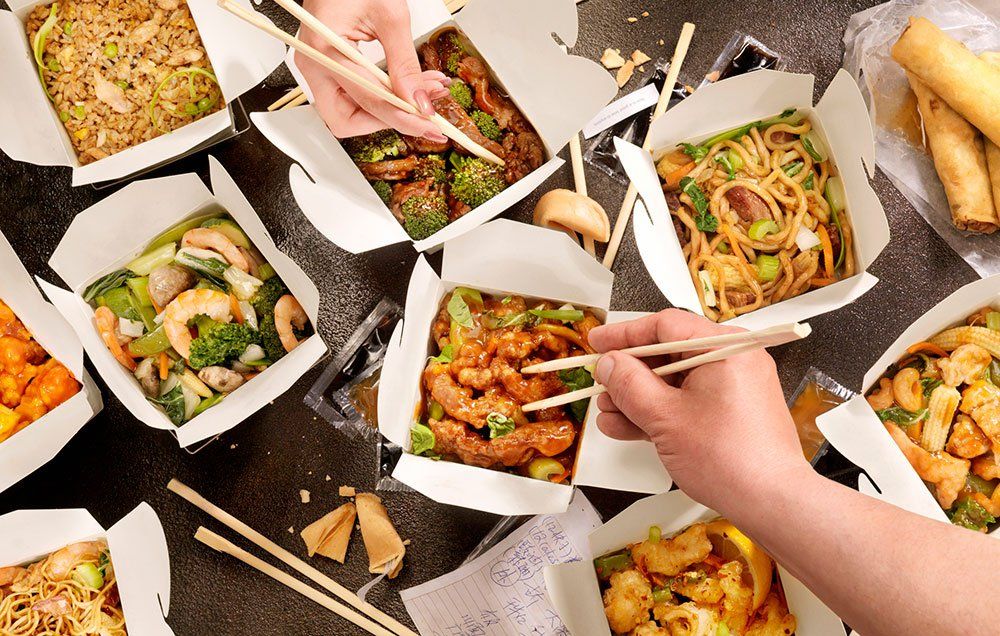
Giving birth is damn traumatic on the body. It makes sense that week two of yue zi is all about “warming” and repairing the body.
Week three started with black chicken herbal soup, believed to regulate a new mother’s hormones and aid in kidney and liver functions. The appearance of black chicken, a.k.a. silkie chicken, can be disturbing: It’s black from the skin down to the bones.
The soup is easy to make; one of the main ingredients is just time. After blanching the chicken, add ginger, angelica root, goji berry, red dates, milk vetch root, lovage root, rice wine, sesame oil, and water. Simply let it simmer for 45 minutes, and the healing soup is ready to go.
Chinese nanny and her secrets of recovery after childbirth
firestock.ru
Recently, there has been an increased interest in all kinds of restorative postpartum practices. A modern young mother has realized that childbirth, although a natural process for a woman, is very energy-consuming and even traumatic (if you remember how childbirth takes place in our hospitals).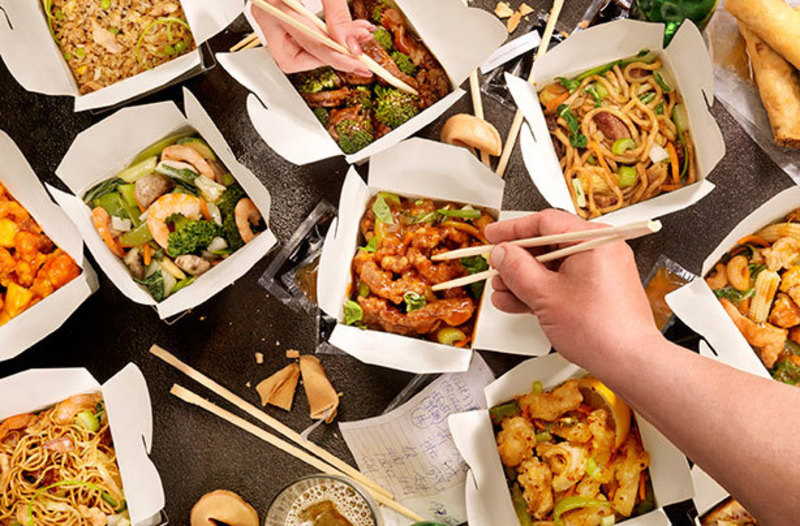 Therefore, doulas, swaddling, interest in “how they gave birth in Rus'” (and along the way in Mexico, China, etc.) - this is an opportunity to answer the question “Could it be otherwise?”.
Therefore, doulas, swaddling, interest in “how they gave birth in Rus'” (and along the way in Mexico, China, etc.) - this is an opportunity to answer the question “Could it be otherwise?”.
We invite you to get acquainted with the experience of a healthy lifestyle expert Yulia Korneva. In her blog, she talked about how Asian women traditionally recover from childbirth and about what menu a Chinese nanny advised her, as a new mother.
What a Chinese nanny taught me
Two months ago my second son was born, and I was amazed at how much easier and more comfortable the birth was, and the two months after it were calmer and quieter (in terms of baby crying). I owe much of this increased level of happiness to the special Chinese nanny we hired to help with the baby's first three months of life.
For the Chinese population, a new mother's assistant is an essential figure during the first month of motherhood. This period is called confinement, which can be translated as "restriction", and special nannies for this time - confinement nanny.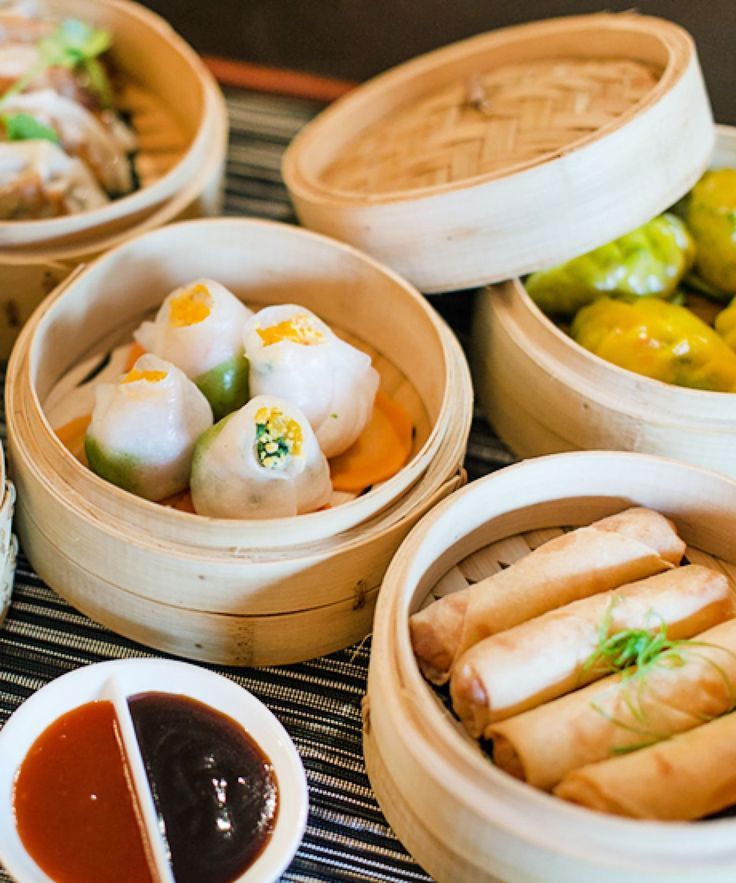
What are confinement practices?
Restraint practices are traditional postpartum practices that help the new mother recover from the various effects of pregnancy and childbirth. Traditionally, mother and child are literally in custody: a strict home “quarantine” is observed. Such practices with various nuances are used by the Chinese, Malays and Indians. It unites the practices of various communities with the desire to support the new mother and help her replenish her physical and emotional strength.
In modern conditions of life, some mothers do not use restrictive practices at all, considering them old-fashioned, but many still observe them partially to rest and recover after childbirth.
Here are some examples of these practices:
- prohibition to wash hair during the entire period of restriction;
- protection against "cooling" elements such as cold water and against the effects of an air conditioner or fan;
- bathing only in specially prepared warm water infused with herbs;
- using the services of traditional massage therapists who massage the abdomen and bind it with a special postpartum corset.
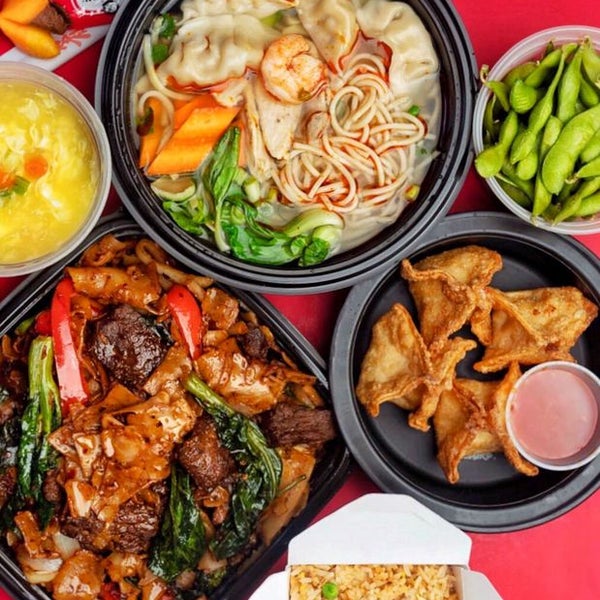
Traditionally, during the period of restriction, a new mother is taken care of by her mother or mother-in-law. In Singapore, where we now live, local Chinese women hire special nannies.
After listening to their feedback, I did the same and not only agreed to the standard help with the child, but also decided to try the traditional rules of nutrition, which unexpectedly made my nanny happy (not many non-Chinese women agree). She promised that a special diet could improve milk production, overcome tummy problems in a child, and make me relaxed, contented and happy. Despite my skepticism about her promises, she managed to fulfill them 100%. Since her manipulations had a positive impact on the baby and me, I decided to share those recommendations that you can use on your own without deep knowledge of Chinese traditions.
Dietary secrets of confinement nanny
During the period of restriction, mothers are advised to follow a certain diet.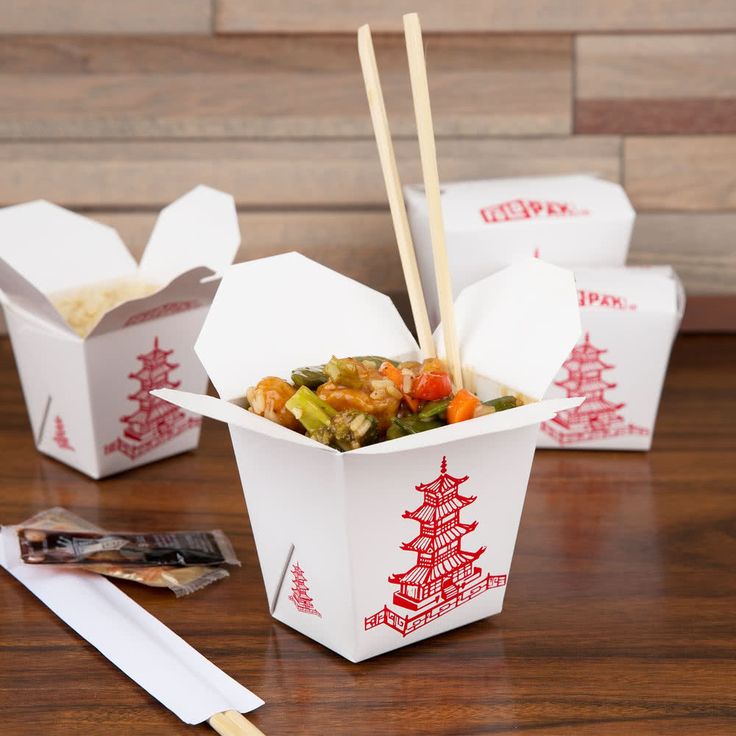 This diet is based on traditional Chinese medicine and the theory that all foods can generate either "hot" energy (corresponding to the Chinese concept of yang) or "cold" energy (correlating to the concept of yin) in the body.
This diet is based on traditional Chinese medicine and the theory that all foods can generate either "hot" energy (corresponding to the Chinese concept of yang) or "cold" energy (correlating to the concept of yin) in the body.
The idea of dividing products into heat-increasing and heat-reducing products is connected with the idea of the need for a balance between yin and yang. Traditionally for the people of Asia, especially China, it is the imbalance of these elements that explains some emotional (irritability, irascibility, fatigue or lethargy) and physical conditions (fever, sore throat and runny nose, mouth ulcers, indigestion or constipation, flushing of the face or cheeks, rashes, pimples and acne, dark yellow urine).
Warming foods are said to love the hot sun, are sweet or spicy, "dry" or "tough", rich in fat and sodium. And "cooling" foods grow in little sunlight, they are lean, "moist" and "soft", rich in potassium.
Some "cooling" foods: bananas, pears, grapefruit, persimmons, watermelon, tangerine, strawberries, pineapple, tomatoes, bitter gourd, lettuce, cucumbers, broccoli and cauliflower, zucchini, radish, lotus root, seaweed; turmeric, marjoram, mint, sugarcane, barley, bean curd, chicken egg white, yogurt, shellfish and crab.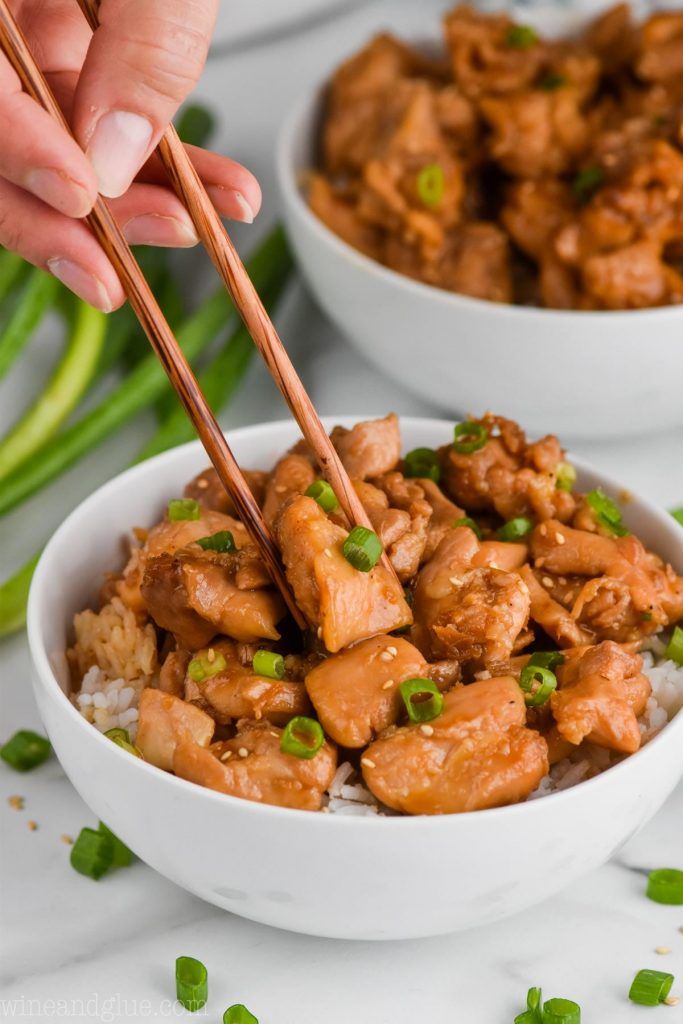
"Neutral" products: apricots, papaya, apples, figs, dates, plums, raspberries, raisins, beets, carrots, celery, olives, potatoes, pumpkins, sweet potatoes, leaf radishes, Brussels sprouts, peas in pods, rice, red beans, yellow soybeans, sunflower seeds, mushrooms, honey, sage, rosemary, thyme, milk, chicken egg yolk, beef, pork, carp, cuttlefish, duck.
Some "warming" foods: cherries, raspberries, blackberries, blackcurrants, mangoes, grapes, chestnuts, grapefruit, peaches, garlic, leeks, shallots, green onions, soybean oil, vinegar, walnuts, apricot kernels , pepper (seasoning), cinnamon, ginger, brown sugar, coffee, nutmeg, basil, cloves, coriander, chicken, ham, lamb, shrimp.
How food is prepared is also important. For example, beef is considered a "neutral" food, but if grilled or deep fried, it becomes a "warming" dish.
In the postpartum period, you should eat foods that "increase heat" in the body. It is believed that this improves blood circulation, strengthens joints, stimulates the production of breast milk, fights "wind" - that is, gases - in both mother and child, prevents hair loss and premature aging.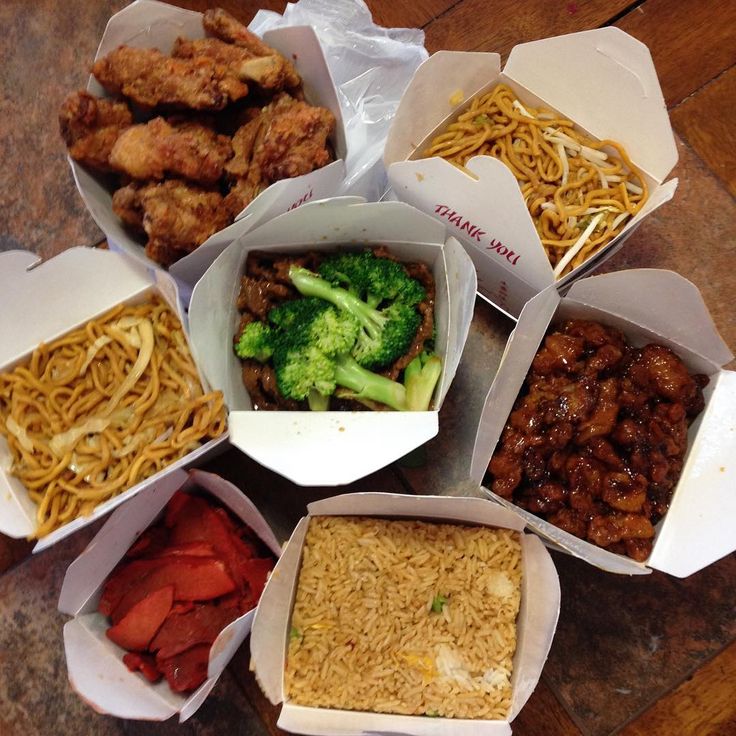 But "cooling" foods should be avoided: they can cause the opposite effect, as well as provoke rheumatism, arthritis and weakening of the joints in the mother.
But "cooling" foods should be avoided: they can cause the opposite effect, as well as provoke rheumatism, arthritis and weakening of the joints in the mother.
Of course, I didn't follow the diet 100%, primarily because it involves daily consumption of meat, especially pork. From all the numerous recommendations, I made a few basic rules that I will definitely adhere to next time (if it happens J).
What rules did I follow
- For the first month I did not drink water (at all), only very warm compotes and infusions. During the first two weeks, I drank a decoction of red beans every day - red adzuki beans are cooked until soft, the decoction is drunk. The beans themselves can also be eaten. Dried fruit compote: red dates, black dates, prunes, goji berries, dried tangerine peels, dried longan (all available in Russia). Dried longan, by the way, promotes relaxation and good sleep, which in turn helps milk production.
- I ate fresh oily fish almost every day.
 It is believed that fresh fish promotes the healing of internal organs and tissues.
It is believed that fresh fish promotes the healing of internal organs and tissues. - Avoided "cooling" items such as cucumbers, baby coconut, spinach, watermelon and other "cooling list" foods (see above).
- Ate a LOT of ginger. Every morning, the nanny rubbed two ginger roots on a fine grater. This grated ginger was added to all dishes: stir-fried vegetables, baked fish, soups. To comply with the standard monthly confinement program, 4-5 kilograms of ginger are bought! Not only is it good for digestion, but it is also very effective in “warming up” the body, which, again, promotes milk production.
- Every day I drank ginger "tea" - the juice of grated ginger in hot water, plus a teaspoon of honey if desired. In the first week - no more than one cup of such tea per day, starting from the second week - two cups or more. Ginger prevents the formation of gas in the child and the occurrence of other problems with the tummy. My first son cried every day for several months, especially at night because his tummy hurt.
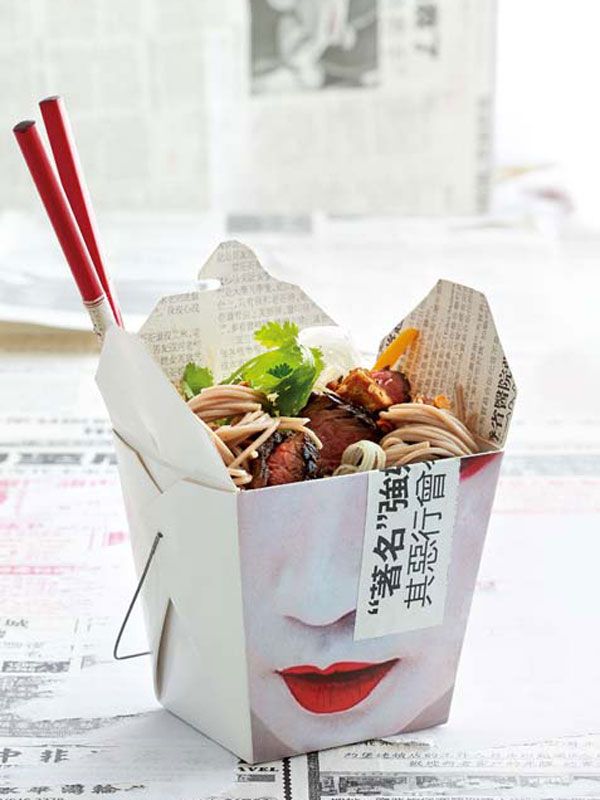 The second son did not cry about this even once and sleeps much calmer. I attribute this to the presence of a huge amount of ginger in his "diet"
The second son did not cry about this even once and sleeps much calmer. I attribute this to the presence of a huge amount of ginger in his "diet" - Ate a lot and variety: always green leafy vegetables (only cooked), root vegetables, wild rice, mushrooms, nuts (different every day), fruits, including pomelo (the only recommended citrus fruit), and, of course, papaya soup and fish bone (you can just fish, but for some reason a bone is used). This soup is an essential part of a program to stimulate milk production. It is believed that papaya in combination with fish oil gives a strong effect.
- In other ways, she maintained her "internal" warmth - she walked in warm shoes and warm clothes, did not sit under air conditioners, and took only hot showers.
Of course, when my nanny came to us with a huge bag of roots, herbs, berries and some other suspicious ingredients and began to prepare some potions from them, I had a little doubt that I was ready to use all this.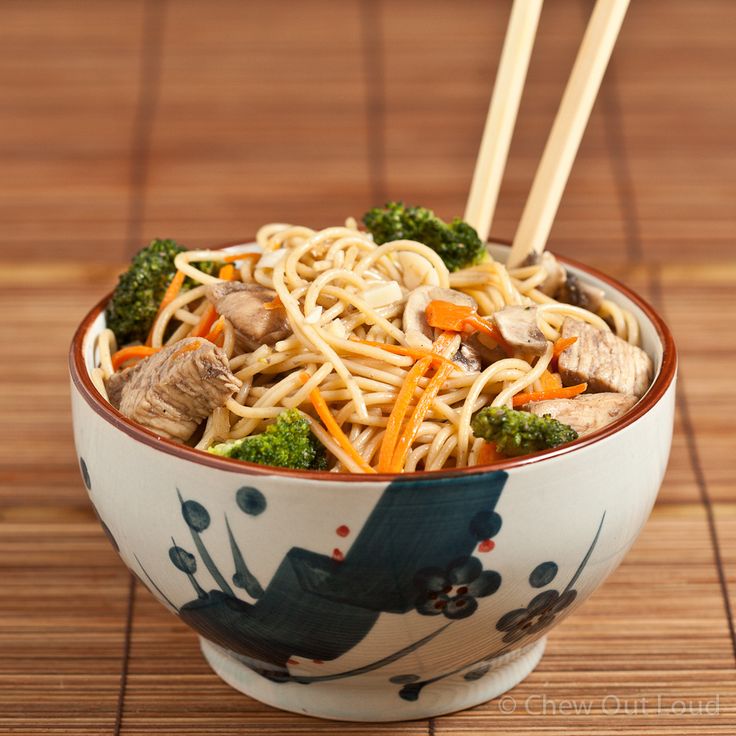 To dispel my fears for my health and the health of the baby, I immediately called the doctor. The doctor answered not quite politically correct that I should not be afraid, all these dried roots and tops will not do harm. However, there may not be any benefit, since "what is good for the Chinese is usually useless for you, the Europeans." I don’t know if it’s ginger or self-hypnosis, but this time both I and the baby objectively feel much better, which we wish all mothers and babies!
To dispel my fears for my health and the health of the baby, I immediately called the doctor. The doctor answered not quite politically correct that I should not be afraid, all these dried roots and tops will not do harm. However, there may not be any benefit, since "what is good for the Chinese is usually useless for you, the Europeans." I don’t know if it’s ginger or self-hypnosis, but this time both I and the baby objectively feel much better, which we wish all mothers and babies!
Author: Julia Korneva
Adapted from: www.live-up.co
Was this information helpful?
YesNo
See also: How childbirth affects the mother's body and ways to deal with postpartum exhaustion Childbirth with her husband. Personal experience What does childbirth really look like. Powerful photos of 2016 from the International Association of Photographers
Why Chinese mothers do not leave the house after giving birth
- Amber Hack
- BBC
Sign up for our 'Context' newsletter to help you understand what's going on.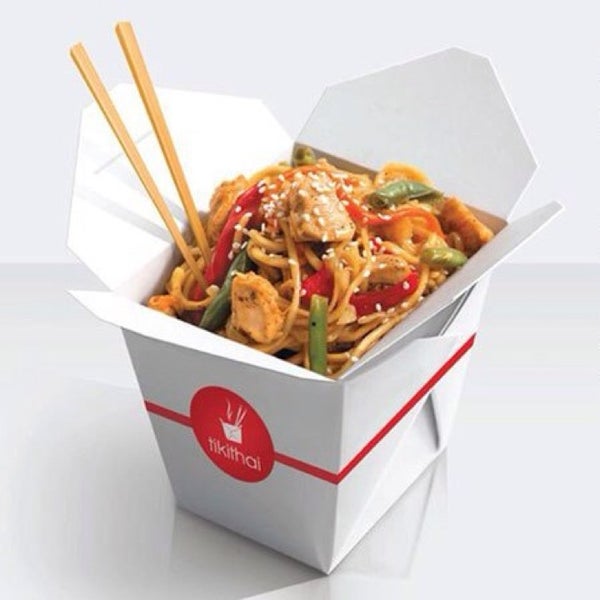
Ching believes that isolation in the first month after birth is good for children's health
Postnatal isolation, during which mothers do not leave the house, do not receive guests and do not use the shower for a month after birth baby, is widespread in the Chinese community of Great Britain. Experts warn that not much is known about the practice in the medical profession.
"Staying within your apartment is important," says Ching, a Chinese woman who has not left her home for 28 days since her baby was born.
She tells the BBC about it via video link, as visitors are not allowed to visit her.
Isolation is important, according to Ching, because babies' immunity after birth is so low that "they have to get used to their parents and their bacteria."
"If you don't stick to this practice, you're hurting yourself," Ching says.
- The Duke and Duchess of Cambridge are expecting their third child
- #Londonblog: how they give birth in Britain, or the story of two Kates sometimes seeing their children only once a day.

In terms of traditional Chinese medicine, women who have just given birth are more susceptible to cold air and colds.
But the intention to follow the traditions came as a surprise to Ching's husband, who was born in the UK.
"I don't think he understood that [motherhood] comes with a whole set of rules," she says. "It was a little difficult for him because he wanted to show his baby to everyone."
Image caption,Dr. Wu believes that isolation mothers put themselves under can worsen postpartum depression
Skip the Podcast and continue reading.
Podcast
What was that?
We quickly, simply and clearly explain what happened, why it is important and what will happen next.
episodes
The End of the Story Podcast
Dr. Keith Wu, a neurologist at King's College London Hospital, says the tradition of postpartum isolation is so ingrained in Chinese culture that even she has followed it.
"Some strict rules say you can't drink cold drinks for a month, you can't shower, you can't wash your hair, and of course you can't go outside of your house," says Dr. Wu.
"Some women who follow the rules really don't get out of bed for the first two weeks after giving birth, and then limit themselves to minimal activity," she adds.
Dr. Wu is particularly concerned that Chinese mothers in the UK who suffer from postpartum depression are also following lockdown rules.
"It is often difficult for women who have just given birth in isolation to cope with this," explains the physician. According to her, many mothers hide their symptoms of depression from doctors due to pressure within the Chinese community, because it is believed that the birth of a child is a happy period.
Dr. Wu is also concerned that mothers are trying to cope with emerging medical problems on their own, and this can be detrimental to their own health and well-being of the baby.

The Department of Health England notes that the qualifications of freelance medical workers and midwives take into account the specifics of different cultural traditions.
"In cases where a more specific support program is required, it is agreed with the family," the agency said.
- Why childbirth is so difficult and dangerous
- Pregnancy and childbirth in Britain: free and without a doctor
Traditional medicine
According to Dr. Wu, many health-related things that happen in the Chinese community are not counted medical services because of a cultural bias against the need to seek help.
The Royal College of Midwives, the Institute of Home Visitors and various health charities admit to having little knowledge of medical care among the British Chinese.
Dr. Lip Li, clinical oncologist at Christie's Hospital, also notes that members of the Chinese community often show resilience in the face of illness, including when it comes to cancer.
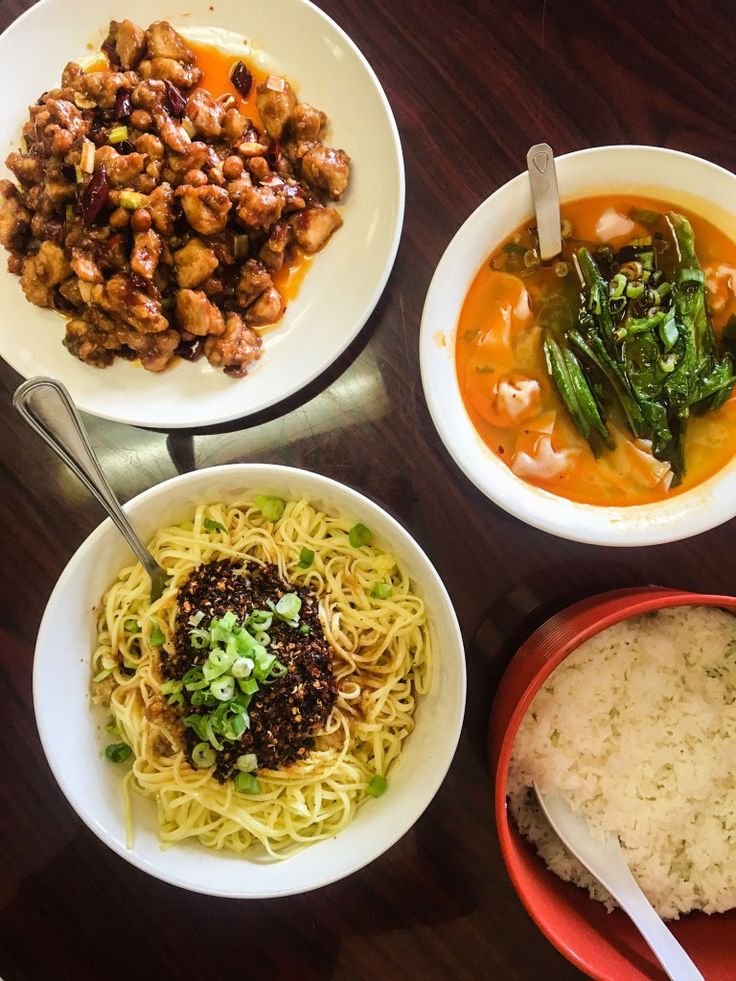
"Even when a doctor asks if they are in pain, patients may deny it. They think 'cancer is a given, you have to endure the pain' or they think 'let's just treat it with traditional Chinese medicine'."
Image caption,Eddie Chan notes that language barriers can be a reason for isolation for many older Chinese
Experts believe that reluctance to seek help is also hurting older members of the UK's Chinese community who live alone.
"There is now a whole generation of first-generation migrants in the UK, and they are in serious isolation," explains Eddie Chan of the China Healthy Lifestyle Center in London. According to the expert, one of the problems associated with older members of the community is their attitude towards dementia, which remains highly stigmatized.
"It's very difficult for these people to find any services that can help meet their needs," Chan says, partly attributing the problem to the language barrier.
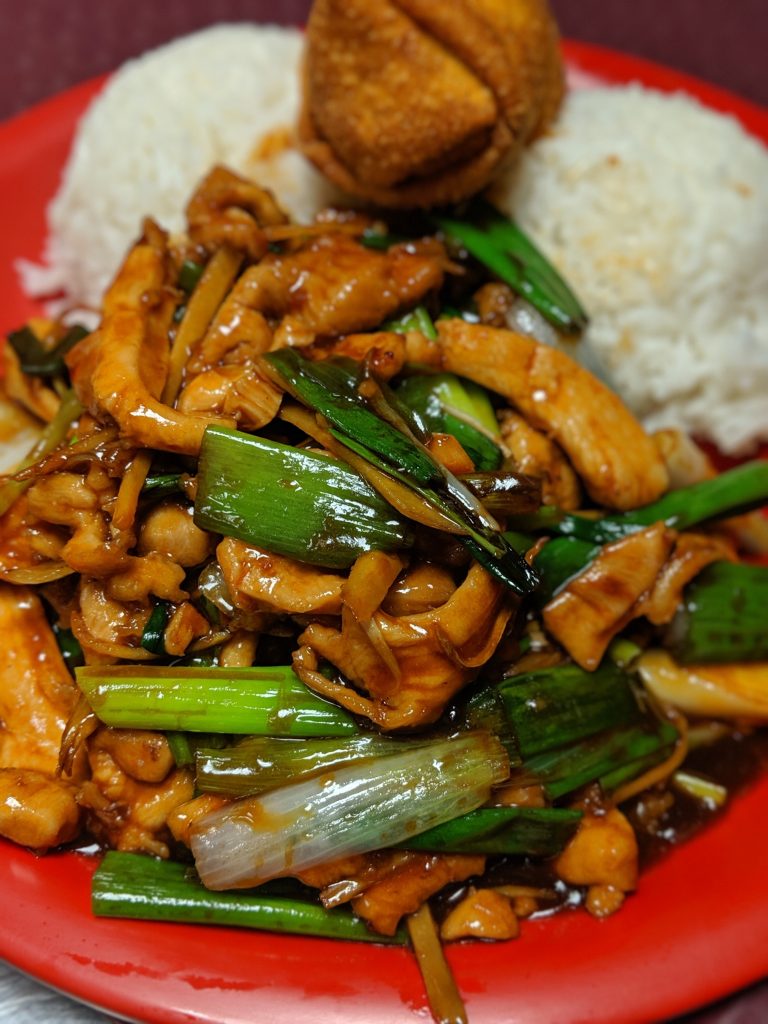
- "Just like us": why the deaf don't want their children to hear back
- British doctors: don't ask for antibiotics if it goes away on its own
"No" chemotherapy
Hong Chung Tan lives at 73 alone in a tiny rented room. He does not speak English.
He was recently diagnosed with prostate cancer but refused any treatment.
He is in pain and cannot walk. Volunteers from the China Healthy Lifestyle Center visit him when they can, but Hong Chung Tan says he doesn't have food or even a glass of water some days.
“One doctor said that I needed chemotherapy because I would definitely die if I didn’t get treated. I refused, because with almost any type of cancer you will definitely die, and if you last, it won’t be long,” says the man, despite the fact that medical evidence suggests otherwise.
Photo caption,Hong Chung Tan made the decision to refuse the medical care he needed
In Hong Chung Tan's case, the loneliness he feels is exacerbated by the absence of his children.
